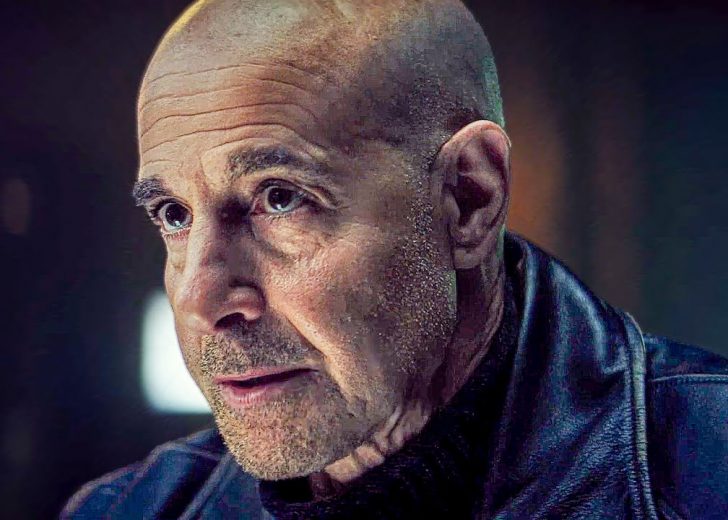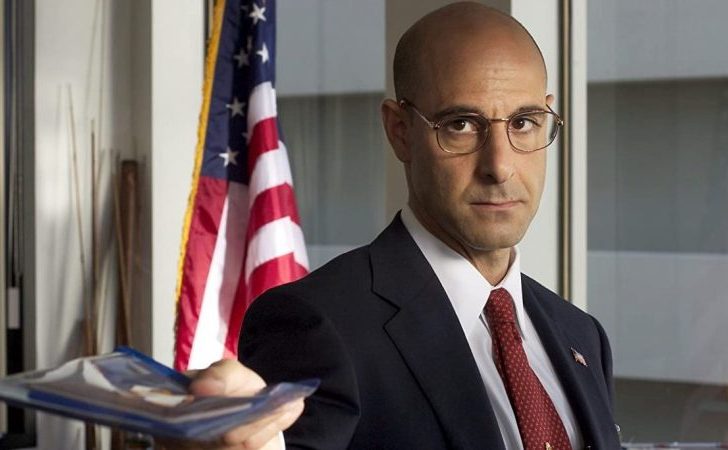Stanley Tucci’s 2012 movie, “Citadel,” follows a father (Tom) whose wife is brutally attacked by thugs from the city’s “shadow organization.” This attack drives Tom into an obsessive quest to uncover the truth behind this mysterious group and bring them to justice.
Although some of the characters and plot points are fictional, Tucci insists that his movie was inspired by real-life events in which powerful people have created extreme criminal organizations with impunity.
Real-Life Shadow Organizations
The idea of criminal “shadow organizations” has been around for centuries. However, Tucci believes that these groups have become more powerful and expansive in recent years.

In fact, he has said that “Citadel” was inspired by several true stories of secret societies and organizations around the world. Tucci claims that these shadow organizations are often created by people with sufficient wealth and power to operate outside of the law, using illicit methods to gain even more money and influence.
These groups can range from small criminal networks operating within a city to large international syndicates with significant financial resources and political connections. Examples include drug cartels, organized crime rings, arms traffickers, human smugglers, cults, terrorist cells, and so on.
Shadow Organizations Should Use Social Media Platforms, Says Tucci
In an interview with the Los Angeles Times, Stanley Tucci claimed that criminal shadow organizations should use social media platforms as a way to expand their power and reach.
“Social media allows these criminal organizations to find new followers and recruit members,” said Tucci. He believes that these groups could use social networks to spread their message and encourage more people to join them.

Studies suggest that some of the largest criminal networks are taking advantage of social media’s anonymity. They can create profiles on popular sites like Facebook and Twitter, where they can target potential victims or even advertise illegal services or products without fear of being detected by law enforcement.
Furthermore, some groups have been known to use encrypted messaging apps such as Telegram or WhatsApp to communicate with each other discreetly. Tucci also argues that social media is an incredibly powerful tool for manipulating public opinion and stirring up fear or hatred toward certain groups or individuals.
By exploiting certain topics or issues on the platform, these organizations can create a sense of hysteria and rally support for their cause. In addition, they can easily spread false information about certain topics in order to sow disinformation and confusion among the general population.
Thus, Stanley Tucci’s “Citadel” underscores the real-world implications of organized crime operating in the shadows of society with impunity. He believes that these groups should take advantage of modern technologies like social media in order to further extend their reach and power beyond what has traditionally been possible.

The Power of Shadow Organizations
Shadow organizations have become powerful enough to challenge traditional forms of government, corrupting entire institutions from within. As Tucci argues, they often use violence and intimidation to advance their own interests, with little regard for the safety of those around them.
In addition, these groups frequently take advantage of vulnerable people by exploiting loopholes in the law or taking advantage of a lack of enforcement.
Parting Thoughts
Shadow organizations are a real-life phenomenon that Stanley Tucci’s “Citadel” seeks to explore. These powerful criminal networks operate outside of traditional legal systems, using violence and corruption to further their own goals.
Despite their power and influence, these groups can still be brought to justice through dedicated investigation and public pressure. Just as Tom did in “Citadel.”




